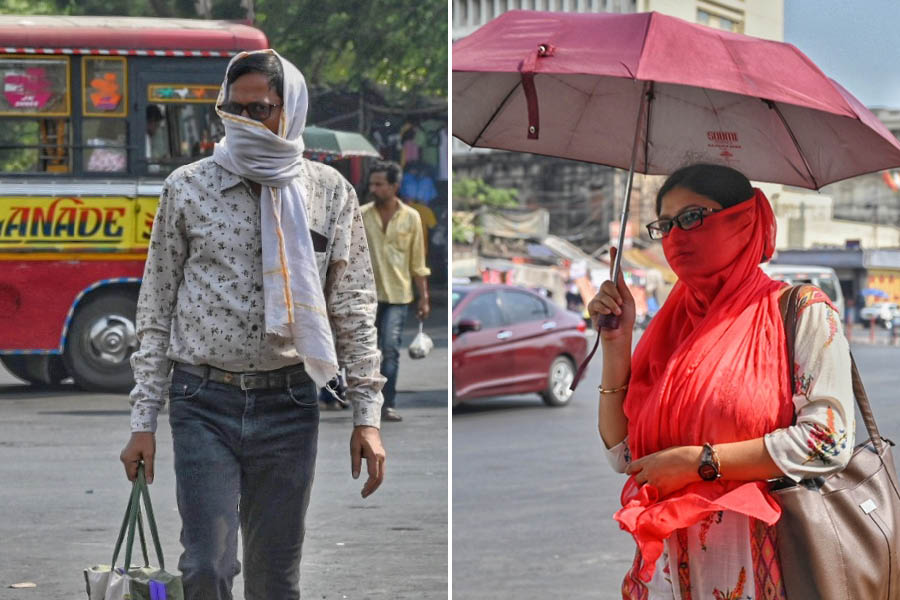The well-being of students is steadily becoming accepted as a core area for determining educational policy and practice around the world. Being directly linked to better academic achievements and better quality of life as adult citizens, efforts are being made to identify methods and formulate plans to promote students’ well-being. The annual Renuka Ray memorial programme organised by Calcutta-based umbrella NGO Women’s Co-ordinating Council in honour of its founder was an attempt in this direction. Held on February 16 at the British Council, it consisted of a panel discussion and interactive session titled Towards Well-Being for Students: Challenges, Strategies, Recommendations. The panelists were IPS officer Kalyan Mukhopadhyay, psychoanalyst Nilanjana Sanyal and educationist and academic administrator Deboshruti Roychowdhury, while the discussion was moderated by Professor Malabika Sarkar.
Speaking from his decades-long experience in the police force, Mukhopadhyay identified ragging, bullying and harassment of students as one of the main causes of students’ depression, suicide and other equally harmful and dangerous consequences. He suggested that legislation is necessary to prevent abuse of students on school and college campuses. Positive and meaningful interaction between seniors and freshers that foster a sense of bonding and belonging was another way of making students feel safe and happy on campus. He also recommended that teachers should actively participate in anti-ragging activities to bring an end to the menace.
Sanyal identified several key reasons for the problems afflicting students. First, lack of emotional maturity, which prevents them from accepting failure in a highly competitive environment that constantly pushes them to achieve material success. Digital dissonance (a term she used to define students’ inability to distinguish between the real and the virtual worlds) and the huge impact of social media on impressionable minds were also offered as reasons for students’ anxieties, particularly in circumstances where students lacked strong, stable relationships with real people like parents, teachers and peers.
Counselling procedures to help students develop an emotional connection with the physical world, art and sporting activities to enable students to express themselves freely, healthy teacher-student dynamics and mindful parenting were the main strategies sought to be adopted to counter certain common but serious problems encountered by students of the current generation. She also proposed psycho-education for teachers and parents and counselling that encouraged students to be more resilient.
Speaking from her years of experience across campuses around the country and even abroad, Roychowdhury drew attention to the problem of substance abuse among students, also pointing out that instances of student harassment were directly related to this evil. She also pressed on the need to identify students’ mental health problems as real problems, to address them seriously and to eliminate the stigma associated with them. She also recommended certain steps to ensure that students’ problems were identified and solved swiftly. First, to have a strong administrative policy in place to deter wrongdoers, instead of looking hastily for a solution after a problem crops up. She also suggested that staff and faculty should be trained and sensitised about the institution’s policy, with teachers and administrators on the same page regarding policy decisions. While she emphasised that senior students are to be trained as the first responders in any crisis related to student well-being, she also underlined the need for the administration to share a good rapport with students and set the right example by demonstrating ethical leadership skills.
The panel discussion concluded with an interactive session, in which senior faculty of premier colleges in and around the city came forward with their thoughts and ideas on alleviating the problems faced by the student community.






